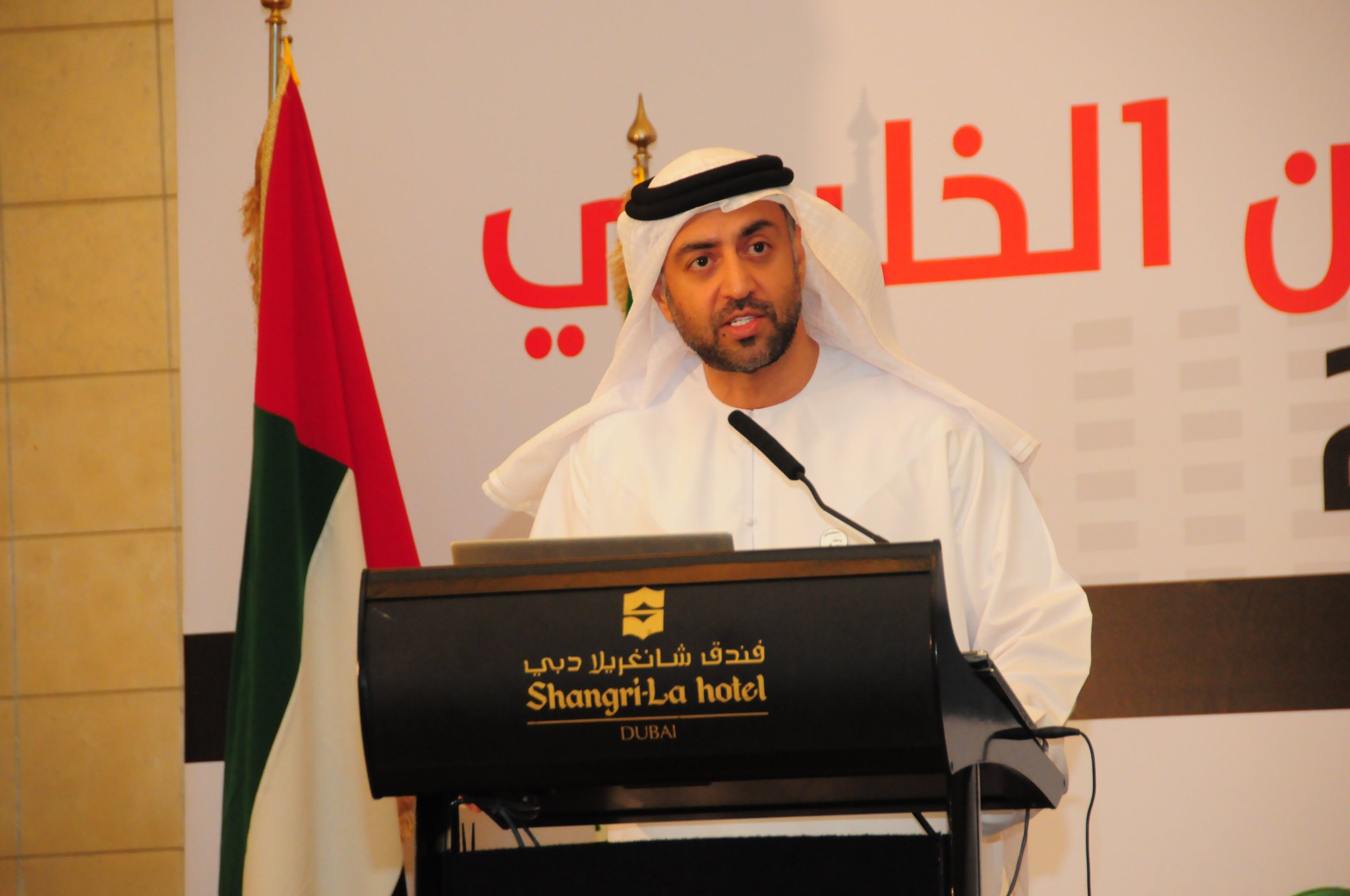
His Excellency Dr. Ali Muhammad Al-Khouri, Advisor to the Council of Arab Economic Unity at the League of Arab States, opened the 25th Conference of Smart Governments and Cities, which was held in Dubai from 20-25 April 2019 with a keynote address in which he addressed the challenges that Arab governments must plan for and the general frameworks for harmonizing digital transformation programs in the region Arab countries with social and economic goals, specifically with regard to creating job opportunities, supporting the quality of education, raising the level of skills, and improving income and living life for Arab communities.
Also, His Excellency Dr. Al-Khouri attended the main recommendations to support digital transformation in the Arab region, which included (1) focusing on achieving social and economic goals, (2) developing the educational system, and (3) encouraging the adoption of emerging technologies in the public and private sectors.
He outlined the main challenges that Arab governments must plan for in order to ensure the success of digital transformation in six points:
The first challenge: Governments need for flexibility in institutional systems and structures to ensure rapid response to emerging and future challenges
Challenge Two: Moving from the traditional government approach and the need for strong leaders committed to developing environments that support innovation
The third challenge: Keeping pace with the accelerating pace of new and emerging technologies as they have become confusing decision-makers and practitioners alike, which requires a great deal of focus and understanding of the extent of the impact of these technologies on all sectors.
The fourth challenge: developing the educational system, as it still has insufficient knowledge production and is not compatible with what technology offers today, in order to prepare graduates with the ability to direct technology for themselves and their societies
The fifth challenge: Strengthening the components of Arab cybersecurity in light of the increase in Internet crimes, electronic fraud and identity theft around the world, which are among the issues that pertain to the security system of Arab countries and cannot be ignored.
The Sixth Challenge: Addressing social and political influences, as the digital revolution contributes to influencing the system of our political and social life, community security and social national values.
He explained that technology has been able to redefine the identity of individuals, societies and peoples, noting that the Fourth Industrial Revolution promises new models of facts that our human imaginations will not be able to realize today.
He also stressed the need for Arab countries to direct their resources to promote creativity and innovation based on employing emerging technologies to meet future challenges.
| About | |
|---|---|
| Initiatives | |
| Knowledge | |
| Services | |
| Media Center | |
| Contact |